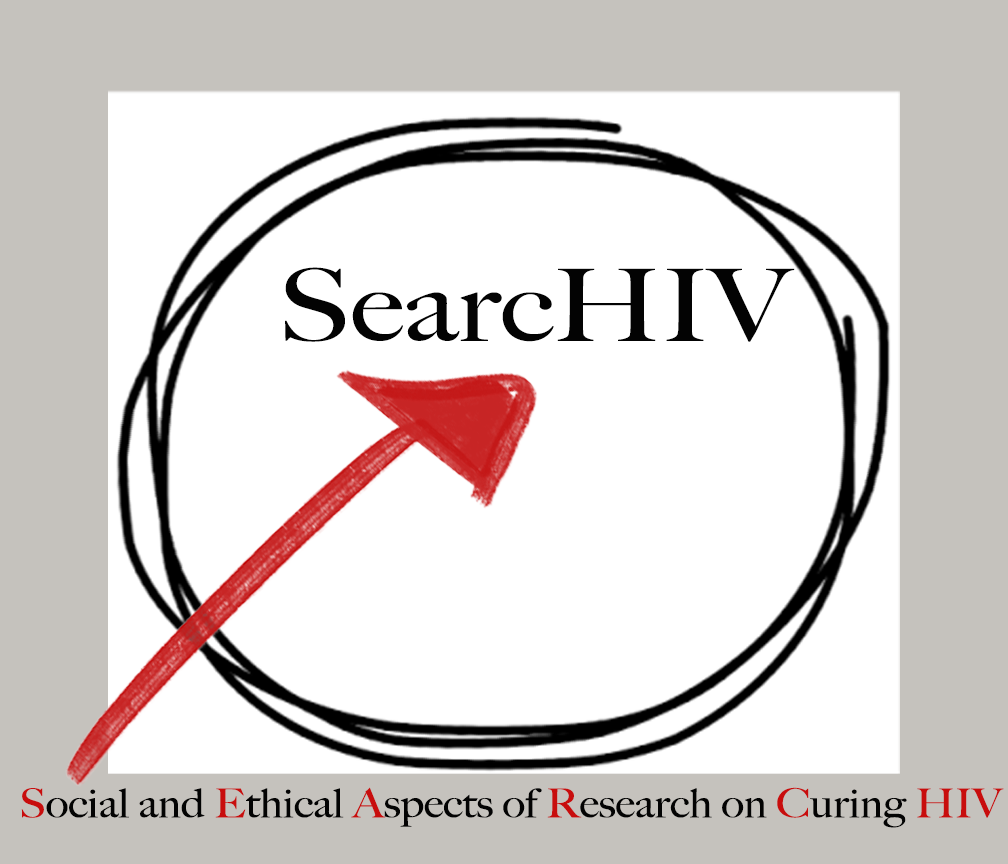by Marie Theunissen, community advocate in Cape Town, South Africa
A cure for HIV has been a hot topic for a while and, prior to the results of the Mississippi baby, expectations of a possible cure has been contemplated by most people living with the virus. The findings of the Mississippi case study highlighted errors that were made, including the use of misguided terminology in describing the initial results. Yes, error in judgment was made, however in light of it all the hope of there being a cure is still there.
Being able to represent the broader community with the magnitude of the International AIDS Society conference made it possible to raise the views of ordinary community members. It also facilitated better understanding of the dedication the researchers have to know more to pave the way forward for the development of protocols of this nature.
Being part of the panel on advancing pediatric HIV cure research at this conference has made it possible for me to bring the concerns of a broader community, locally and domestically, to the table, especially those of people that feel that they would not risk changing or stopping their medications, let alone the meds of their babies, that are currently working for cure based research.
Conferences of this nature that involve community participation are the best way of dispelling any negative perception not just towards HIV cure research, but research in general. We have come a long way to get community stakeholders to understand the benefits of research and we should strive to maintain that.
With all of that in mind, what has to be done?
• Continue to involve community members in discussion of protocol as early as possible and not when protocol has already been developed, as well as making it possible for different community stakeholders to provide feedback.
• On-going sharing of information from all stakeholders.
• Developing a more holistic approach to adherence counseling and not just research protocol based counseling.
• Continue addressing issues of disclosure and consider what works for different regions and sharing that information.
• Supporting CABs and taking more interest in what they bring to the table as volunteers.

